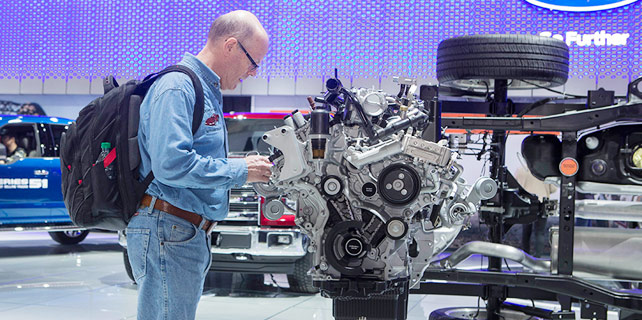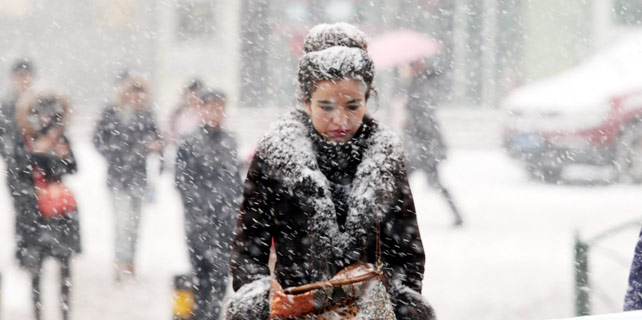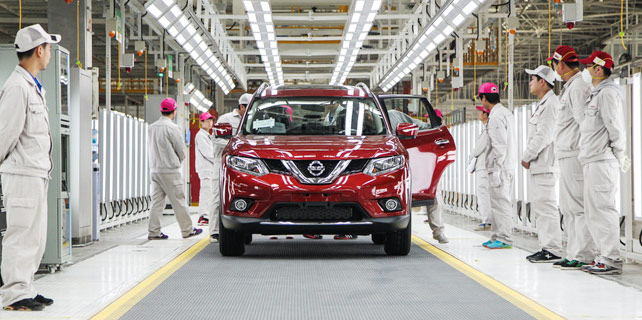Mnuchin calls Chinese officials
US Treasury Secretary Steven Mnuchin talked with Vice-Premier Wang Yang and other senior officials separately on the phone on Friday, four days after he was sworn in.
A report from the Xinhua News Agency was brief, stating that Wang and Mnuchin had a phone conversation on Feb 17 night Beijing time by appointment, and the two sides exchanged views on China-US economic cooperation and other issues.
The readout from the US Treasury spokesperson was longer. It said Mnuchin held separate calls with Wang as well as the Minister of the Office of Central Leading Group on Finance and Economic Affairs Liu He, People's Bank of China Governor Zhou Xiaochuan and Minister of Finance Xiao Jie.
"In each of these calls, Secretary Mnuchin underscored that he looked forward to fostering strong US-China engagement during his tenure," it said.
"The secretary emphasized the importance of achieving a more balanced bilateral economic relationship going forward. He conveyed his commitment to working with the Chinese leadership on a comprehensive set of economic, financial, trade and investment, and illicit fiance issues, in both bilateral and multilateral forums," the statement said.
Mnuchin noted that demonstrated leadership by the two countries on critical issues will not only be of benefit to each country but also to the global economy, according to the readout.
Mnuchin commended Wang for the critical role that he has played as a partner in managing the bilateral economic relationship and expressed his desire to work closely together, it said.
The call came on the same day that China's Foreign Minister Wang Yi was meeting with US Secretary of State Rex Tillerson in Bonn, Germany during the G20 foreign ministers meeting. It was the first high-level face-to-face meeting between the two countries under the new US Donald Trump administration.
It came a week after Trump and Chinese President Xi Jinping had a phone conversation described by the White House as "lengthy" and "extremely cordial".
During his 2016 presidential election, Trump threatened to name China a currency manipulator and impose a 45 percent tariff on Chinese exports to the US, triggering speculation about a possible trade war between the world's two largest economies.
David Dollar, a senior fellow at the John L. Thornton China Center of the Brookings Institution, noted that Trump has not done any of these things in his first four weeks in office. "So it does seem that he is approaching China cautiously, which is probably good," Dollar said.
Dollar still sees uncertainty due to disagreements within the Republican Party on how to treat China.
"Probably the administration would do some protectionist measures against China. But I am hopeful that those will be relatively small, almost symbolic. And I am sure China will retaliate. But if the measures are small on both sides, then it's a minor annoyance," said Dollar, a former US Treasury emissary in Beijing from 2009 to 2013.
"But I could be wrong," he added. "I do think if the Trump administration does any major protectionist measures against China, I am sure that China will retaliate in a major way. And that will be quite bad for our two economies."
Dollar thinks a real trade war between the two is unlikely.
He blamed both sides for the bilateral imbalance. "I blame both countries because it takes mistakes on both sides to create that kind of problem," he said, adding that the US problem is not enough saving, while problem on the Chinese side is too much saving and not enough consumption.
chenweihua@chinadailyusa.com
















